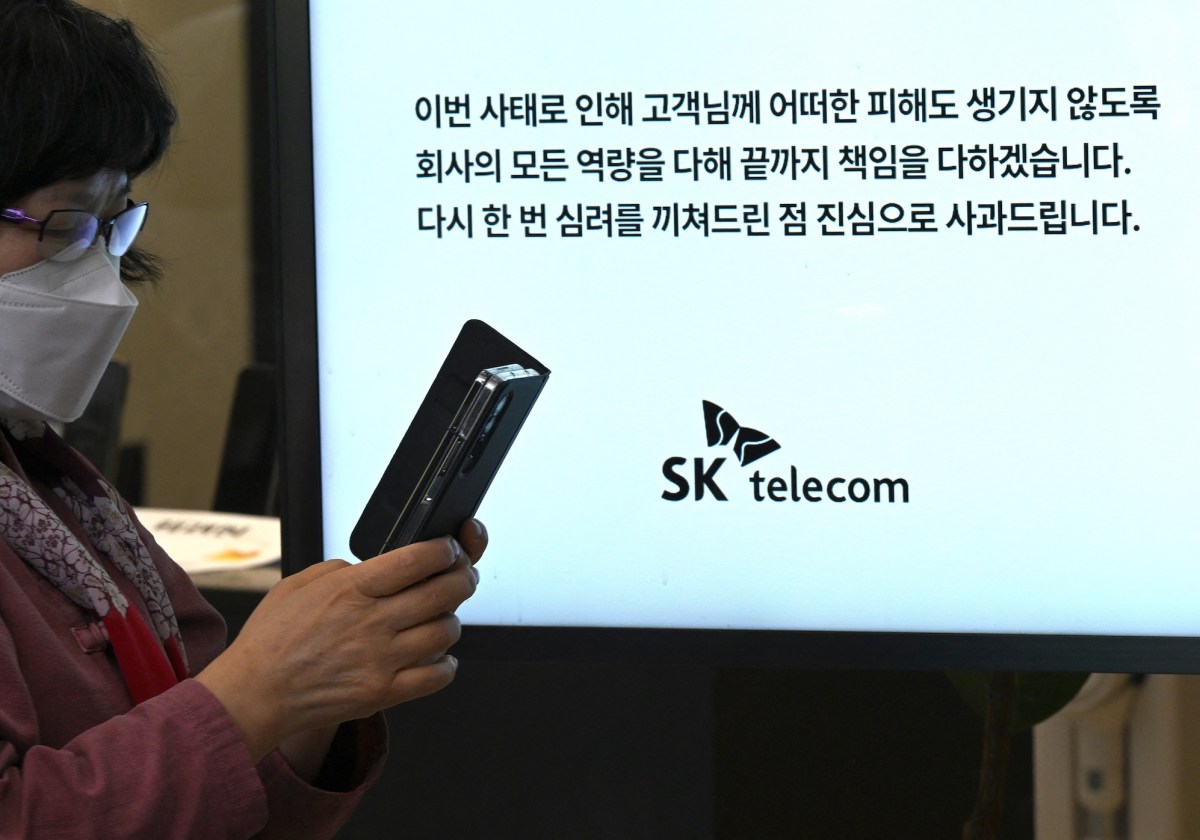South Korea Faces Escalating Cybersecurity Challenges Amidst Digital Advancements
South Korea is renowned for its cutting-edge internet infrastructure, boasting some of the fastest broadband speeds globally and extensive coverage that supports leading tech giants such as Hyundai, LG, and Samsung. However, this digital success story has simultaneously exposed the nation to significant cybersecurity threats, resulting in a series of high-profile hacking incidents that raise urgent concerns over the country’s defenses.
Surge in Cyber Attacks Impacting Major Sectors
A notable wave of cyberattacks has targeted various sectors, including financial services, telecommunications, governmental entities, and technology startups, affecting large segments of the South Korean populace. In these instances, the country’s regulatory bodies and ministries often appear disjointed, leading to mixed responses rather than a unified approach to cybersecurity.
Fragmented Cybersecurity Framework
Critics assert that South Korea’s cybersecurity strategy is hindered by a fragmented governmental structure composed of multiple agencies, which often leads to slow, uncoordinated responses to hacking incidents. As reported by local media, the absence of a designated "first responder" to cyberattacks hinders the nation’s ability to manage its cybersecurity landscape effectively.
"The government’s response to cybersecurity largely remains reactive, treating it as a crisis management issue rather than as essential national infrastructure," remarked Brian Pak, CEO of cybersecurity firm Theori, in an interview with TechCrunch. Pak, who also advises on cybersecurity innovations at SK Telecom, emphasized that the compartmentalization among agencies stifles advancements in digital defenses and specialized workforce training.
Shortage of Cybersecurity Experts
One significant hurdle that South Korea faces is a shortage of qualified cybersecurity professionals. "This deficiency is largely due to an approach that sidesteps essential workforce training, which creates a detrimental cycle," Pak continued. "Without a robust talent pool, it’s challenging to develop and sustain proactive cybersecurity measures."
The ongoing political stalemate often leads to temporary, superficial solutions in response to each crisis. This shortsightedness has neglected the more demanding work of strengthening long-term digital resilience.
Recent High-Profile Cybersecurity Incidents
The frequency of cyber incidents in South Korea has increased alarmingly, with major breaches reported almost monthly in 2025:
- January 2025: GS Retail experienced a breach that compromised the personal data of approximately 90,000 customers.
- April 2025: A hacking incident on a job platform, Albamon, revealed the resumes of over 20,000 users.
- May 2025: SK Telecom fell victim to a cyberattack that affected the personal data of around 23 million customers, nearly half of the nation’s population.
- June 2025: Yes24, a popular online ticketing platform, was targeted by a ransomware attack, impacting its operations for several days.
- July 2025: The Kimsuky group, linked to the North Korean government, executed a cyber operation using AI-generated deepfake images against a South Korean military organization.
- August 2025: Multiple incidents occurred, including a breach at Lotte Card affecting around 3 million customers and a ransomware attack on Welcome Financial.
These incidents have prompted the South Korean Presidential Office to take decisive action to enhance cybersecurity measures.
Government Initiatives for Cybersecurity Enhancement
In September 2025, the National Security Office announced plans for a comprehensive cybersecurity strategy involving a cross-ministerial effort. This initiative aims to unify various agencies under a coordinated response framework, spearheaded by the presidency. Additionally, changes in legislation are expected to empower the government to initiate investigations at the first sign of potential hacking, even before companies self-report.
However, experts caution that this system must be balanced. "Centralizing control could lead to politicization and a loss of accountability," Pak noted. A more effective model might involve a central authority overseeing strategy while independent bodies, like KISA, manage technical aspects with clear accountability.
A spokesperson for the Ministry of Science and ICT stated that the ministry is committed to combating increasingly sophisticated cyber threats and is working diligently to safeguard both businesses and the public.
As South Korea continues to advance technologically, addressing these cybersecurity challenges is paramount for maintaining its status as a digital leader on the global stage.




